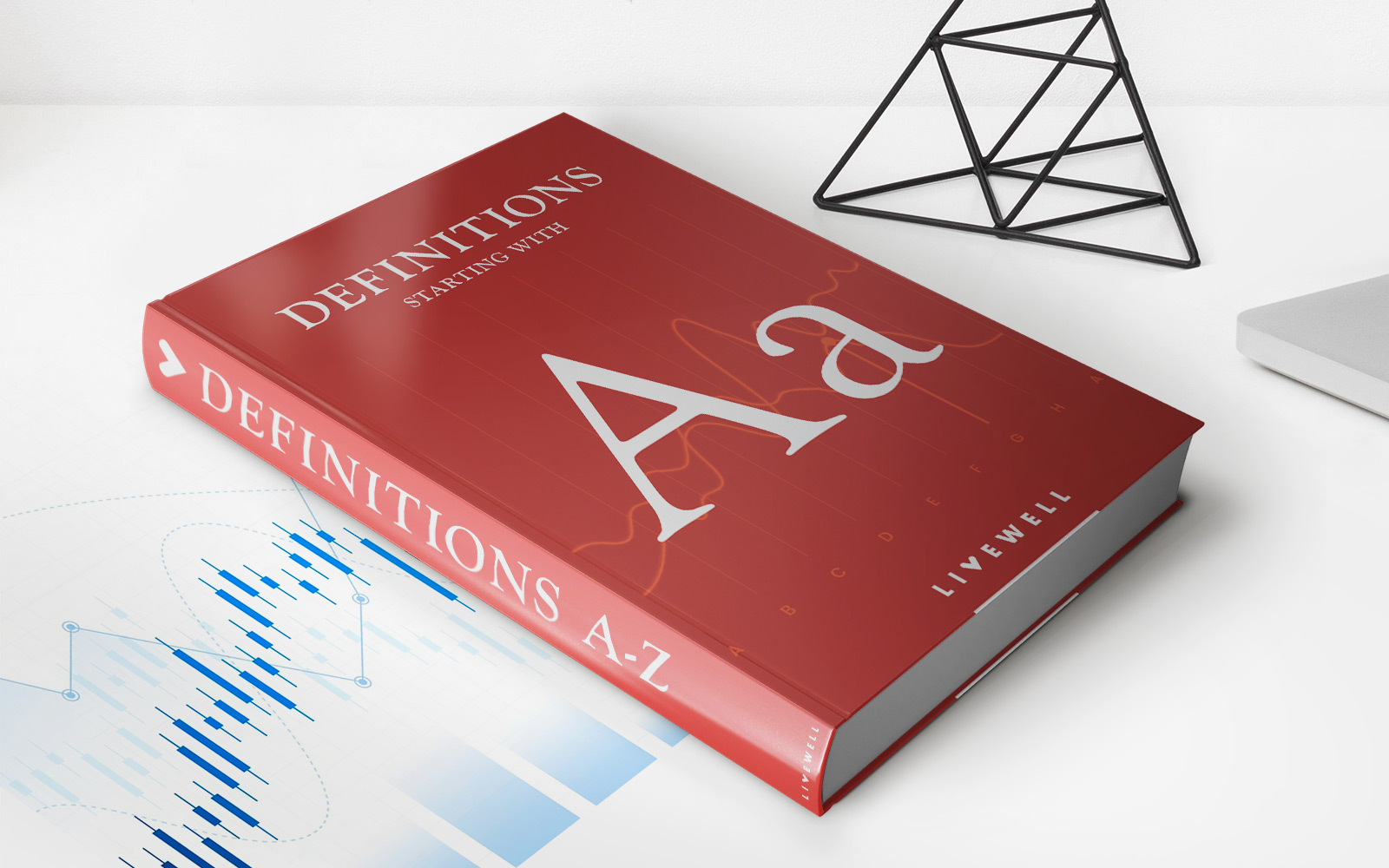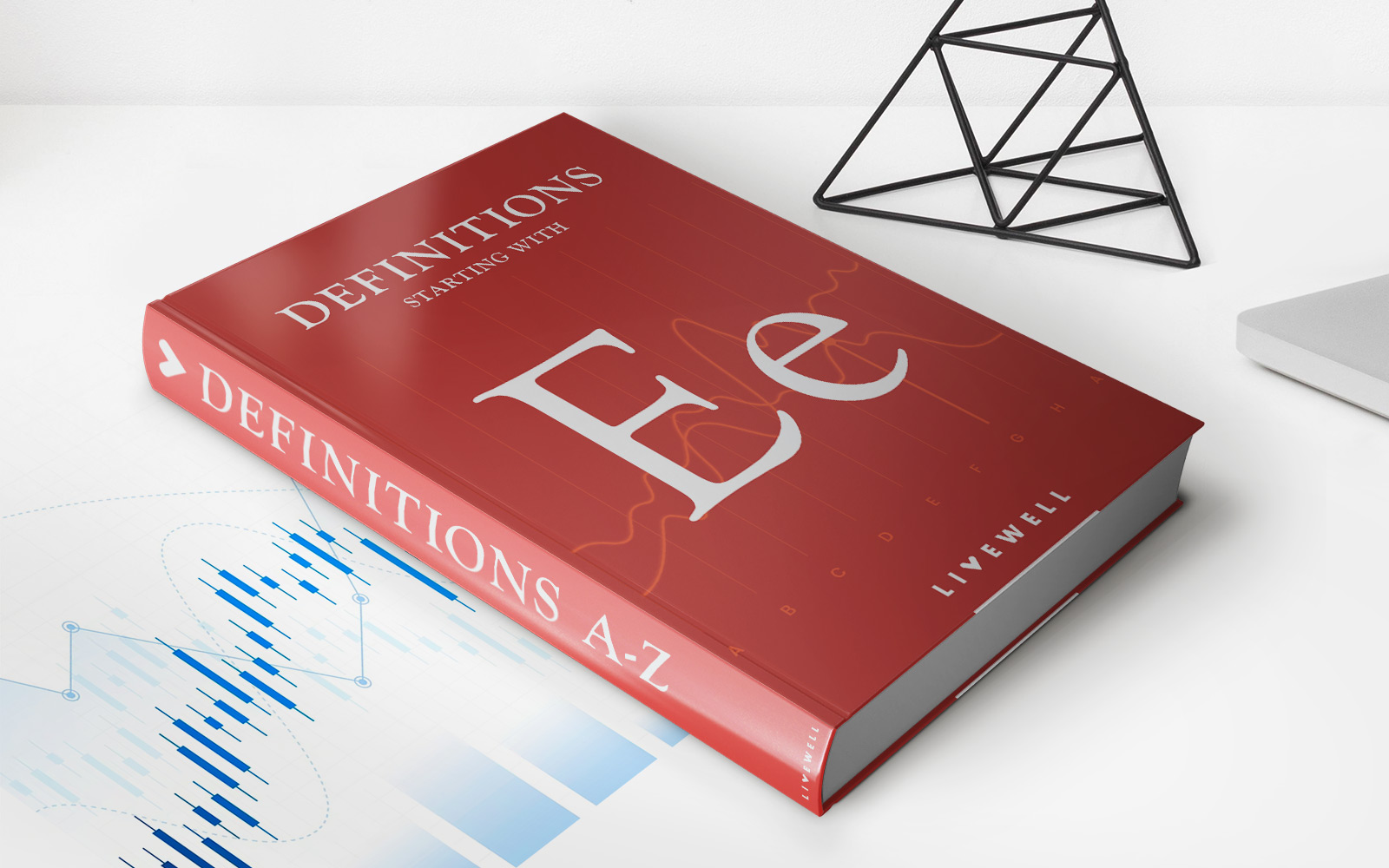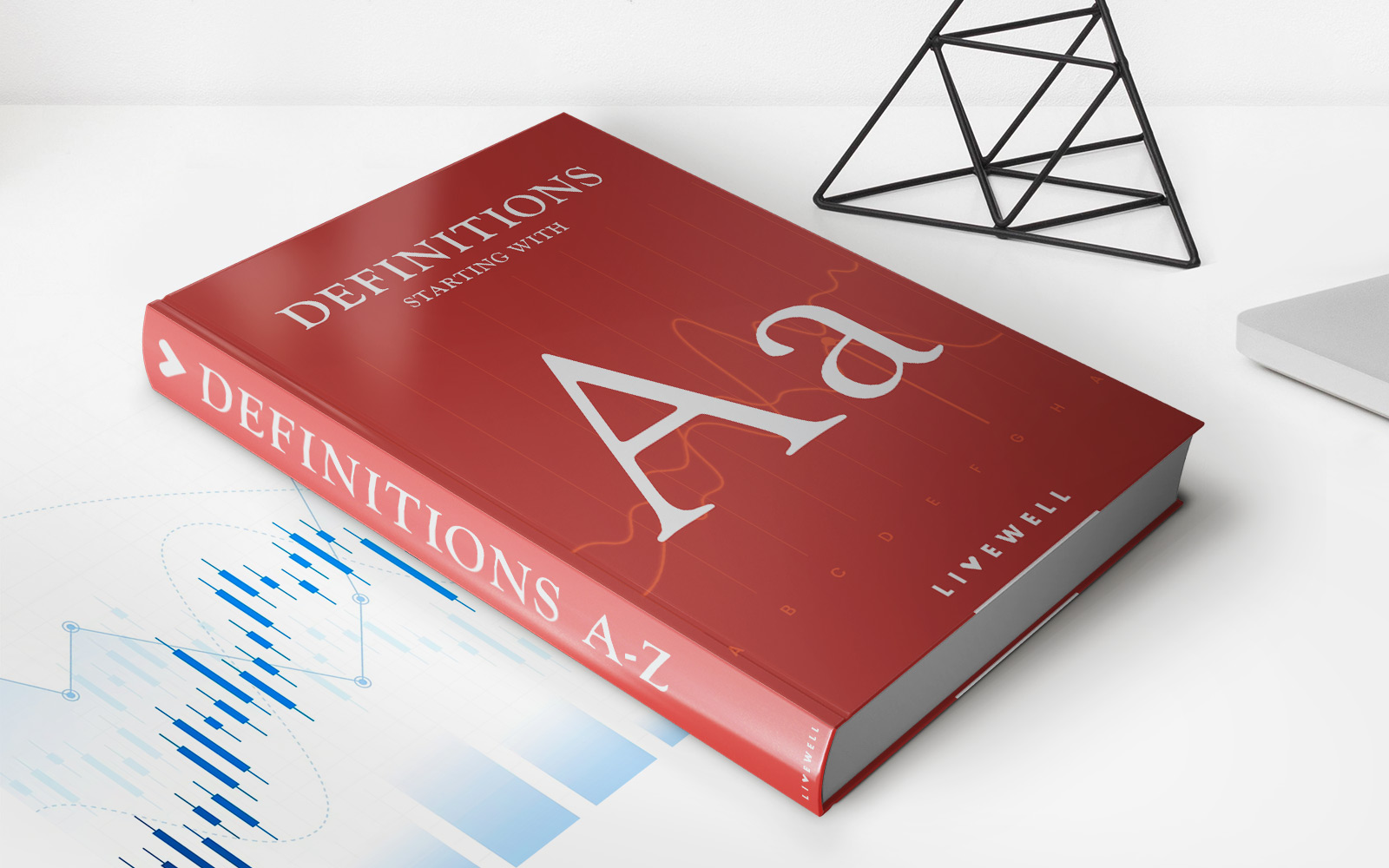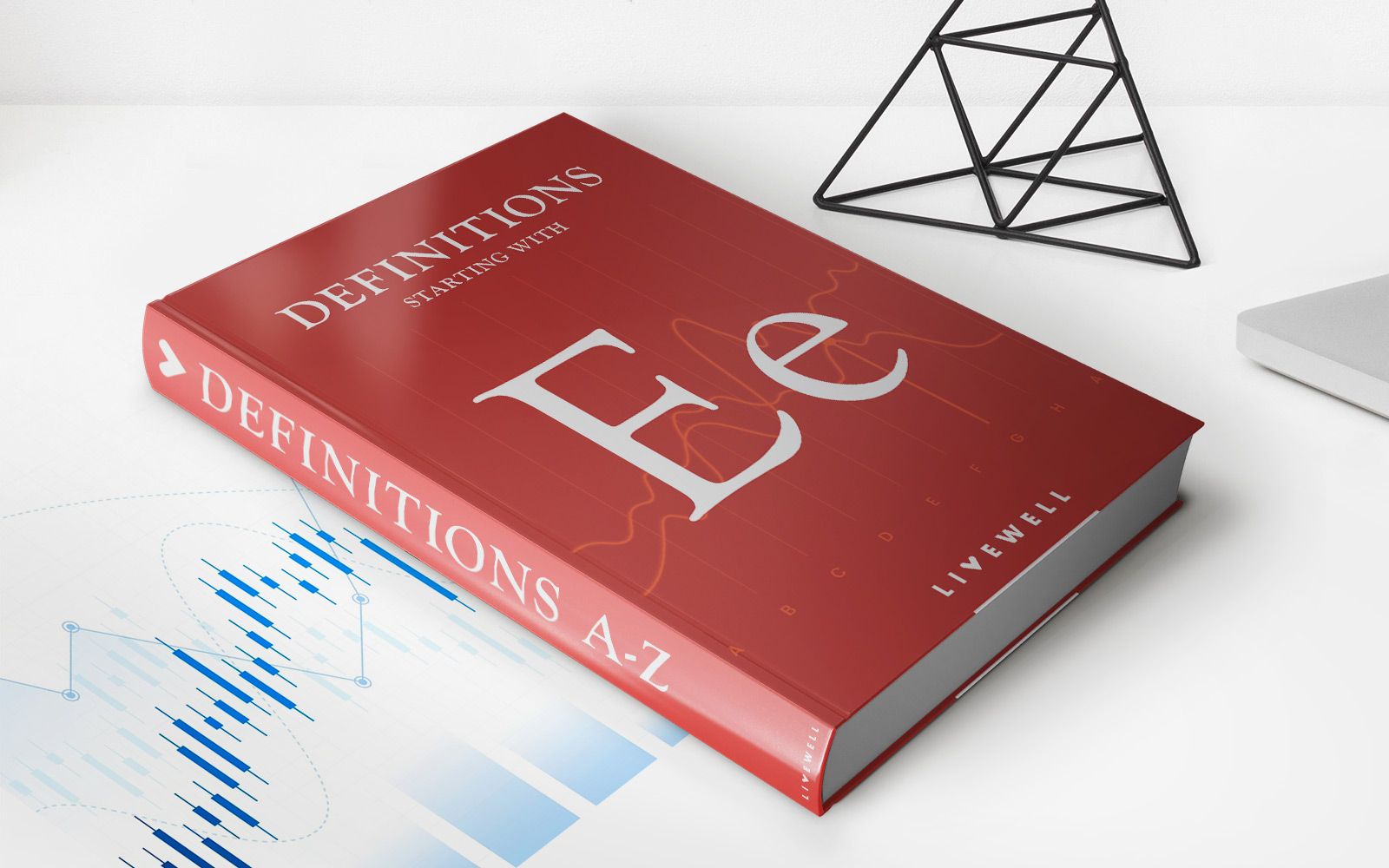Home>Finance>Alternative Depreciation System (ADS): Definition, Uses, Vs. GDS


Finance
Alternative Depreciation System (ADS): Definition, Uses, Vs. GDS
Published: October 6, 2023
Learn about the Alternative Depreciation System (ADS) in finance, its definition, uses, and how it compares to the General Depreciation System (GDS).
(Many of the links in this article redirect to a specific reviewed product. Your purchase of these products through affiliate links helps to generate commission for LiveWell, at no extra cost. Learn more)
Alternative Depreciation System (ADS): Definition, Uses, Vs. GDS
Finance can be a complex and intricate subject, but it is an essential aspect of our lives. Whether you are a business owner or an individual trying to make wise financial decisions, understanding different financial concepts is crucial. In this blog post, we will dive into the topic of Alternative Depreciation System (ADS) and explore its definition, uses, and how it compares to the General Depreciation System (GDS).
Key Takeaways:
- Alternative Depreciation System (ADS) is a method used to calculate and allocate the depreciation of assets over their useful life.
- ADS is often used for assets that are not eligible for the General Depreciation System (GDS) or for taxpayers who elect to use ADS for certain assets.
What is Alternative Depreciation System (ADS)?
The Alternative Depreciation System (ADS) is a depreciation method used for tax purposes in the United States. It provides businesses and individuals an alternative way to calculate the depreciation of their assets over their useful life. ADS is mainly used for assets that are not eligible for the General Depreciation System (GDS) or for taxpayers who elect to use ADS for specific assets.
ADS differs from GDS in terms of the depreciation period and the depreciation methods used. While GDS follows the Modified Accelerated Cost Recovery System (MACRS), which allows for accelerated depreciation, ADS follows straight-line depreciation. This means that the depreciation expense is deducted evenly over the life of the asset.
Uses of Alternative Depreciation System (ADS)
ADS is commonly used in specific situations such as:
- Real estate properties used as personal residences or for investment purposes. Generally, residential rental properties fall under GDS, but if an individual uses their property for personal purposes or for short-term rentals, they may be required to use ADS.
- Business vehicles that are not used predominantly for business purposes can also fall under ADS. This can include vehicles used for personal commuting or other non-business-related activities.
- Tangible property used in farming or agricultural activities.
- Assets used outside of the United States, including foreign properties or foreign business operations.
Alternative Depreciation System (ADS) Vs. General Depreciation System (GDS)
While both ADS and GDS serve the purpose of calculating depreciation, there are some key differences between the two:
Depreciation Period:
- ADS generally has longer depreciation periods compared to GDS. For example, residential rental properties under GDS have a depreciation period of 27.5 years, whereas under ADS, it is extended to 30 years.
- GDS allows for accelerated depreciation, which means more significant deductions in the earlier years of the asset’s life, while ADS follows straight-line depreciation, resulting in equal deductions over the asset’s useful life.
Eligible Assets:
- GDS covers a wide range of assets used for business purposes, while ADS is used for specific assets that do not qualify for GDS or when taxpayers choose to elect ADS for specific assets.
Tax Implications:
- The choice between ADS and GDS can have tax implications, as it affects the timing and amount of depreciation expense deductions, impacting taxable income and potentially tax liability.
In conclusion, understanding the Alternative Depreciation System (ADS) and its uses is essential for individuals and businesses looking to make informed financial decisions. While GDS provides accelerated depreciation for a broader range of assets, ADS is used for specific assets and follows straight-line depreciation. It is crucial to consult with a tax professional or financial advisor to determine the best depreciation method for your specific situation. By having a firm grasp of these concepts, you can navigate the complex world of finance more effectively.














